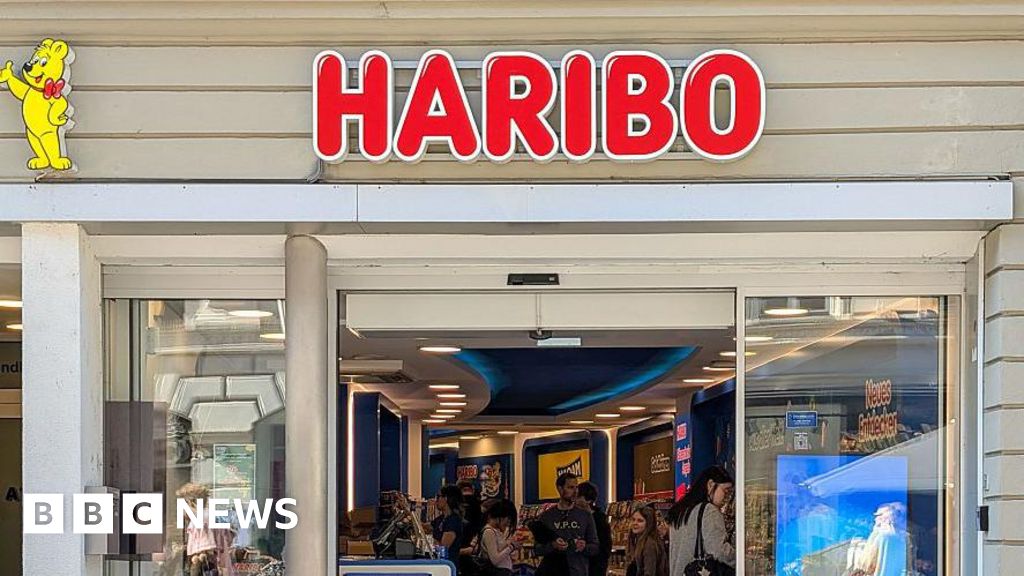Unlock the Editor’s Digest for free
Roula Khalaf, Editor of the FT, selects her favourite stories in this weekly newsletter.
For the billionaires of the private equity business, the past 18 months have put them at risk of a journey from hubris to not-quite-nemesis.
Surging inflation and the consequent rise in interest rates have throttled most debt-backed, take-private buyouts, a key plank of private equity managers’ activity, though some managers have proved more robust in these difficult times than others.
Refinancing debt in private equity portfolio companies at vastly higher rates of interest than when leveraged buyouts took place has been challenging. Private equity managers have increasingly been driven to esoteric, highly risky forms of debt financing to keep the corporate show on the road.
Many had overpaid for their targets. The volume of exits from buyout companies via initial public offerings has thus slumped as those nursing potential mark-to-market losses wait in the hope of a return to heady prices. Meanwhile, institutional investors worry that future returns on LBOs will be mediocre and expect the default rate on portfolio companies to soar. Some are so desperate to bail out that they are accepting big discounts to reported values when selling.
The change in circumstances is dramatic after decades of triumphalist money making. It all started in the 1980s when corporate raiders pioneered the LBO. The signature transaction in this innovative wave was KKR’s hyper-hostile, successful $30bn bid for food and tobacco conglomerate RJR Nabisco.
In the face of hostility from the corporate establishment and wider concern about potential job losses as the new bosses looked for efficiency gains, the corporate raiders cleverly rebranded themselves as “active” investors. They then metamorphosed into private equity and were promptly dignified with enhanced status as an asset class.
Institutional investors flocked to them in the hope of harvesting a premium over public equity returns for taking on the additional risk of illiquidity. They also hoped to reap profits from more intensive private equity management.
A theoretical imprimatur for the take-private movement was provided by Harvard academic Michael Jensen. In a 1989 paper entitled The Eclipse of the Public Corporation, he powerfully argued that dispersed ownership in public markets led to a lack of management accountability to owners.
Paul Woolley, a senior fellow at the London School of Economics, also argues that conventional public market investing leaves an open goal for private equity, which can take advantage of systematic mispricing of stocks, sectors and markets. Because asset managers in public markets are widely assessed against index benchmarks, they engage in momentum trading, constantly have to chase stocks that are rising strongly but in which they are underweight. This hobbles returns, inhibits long-term investing and leads to high volatility.
Yet, as veteran market commentator and former bond trader Anthony Peters asserts, far from being an equity game, private equity is a debt game in which the economics are driven by the cost of money. With global interest rates at 800-year lows since the 2007-9 financial crisis and ultra-loose monetary policy puffing up quoted equities, it was easy for private equity firms, says Peters, to buy and wait for the stock market to rise enough for them to refloat the business at a profit without having done anything to add value.
A curious paradox here is that buyout funds have generated returns little better after fees than the stock market. For investors in buyout funds there is an additional problem. While these funds boast about their lack of volatility, their smoothed returns and arguably smoke-and-mirror valuations look unrealistically sanguine relative to public markets. Their response to the harsher interest rate environment is, at the very least, lagged. The result is many pension fund trustees are now pondering what discount they should apply to their illiquid assets.
Looking back at the explosive private equity phenomenon it is striking how far it has helped alter the structure of the global capital markets. Between 2005 and 2020, according to the OECD, almost 30,000 companies delisted from global markets via conventional takeovers, share buybacks and leverage buyouts. Over most of that period delistings were not matched by new issues so there was a net loss of listed companies, mainly in the US and Europe.
Against the background of a record accumulation of non-financial corporate debt since the financial crisis, that is potentially worrying. For, along with debt restructuring, new equity should provide part of the solution to overstretched balance sheets.
The big private equity managers now appear more interested in lending to companies than buying equity. So the question is whether public markets can do what is necessary. The good news is that in 2020 after the outbreak of the Covid pandemic, listed non-financial companies across the world raised a record $626bn in fresh equity. So despite the shrinkage, public markets still appear capable of performing a central and vital function.
john.plender@ft.com
Credit: Source link










